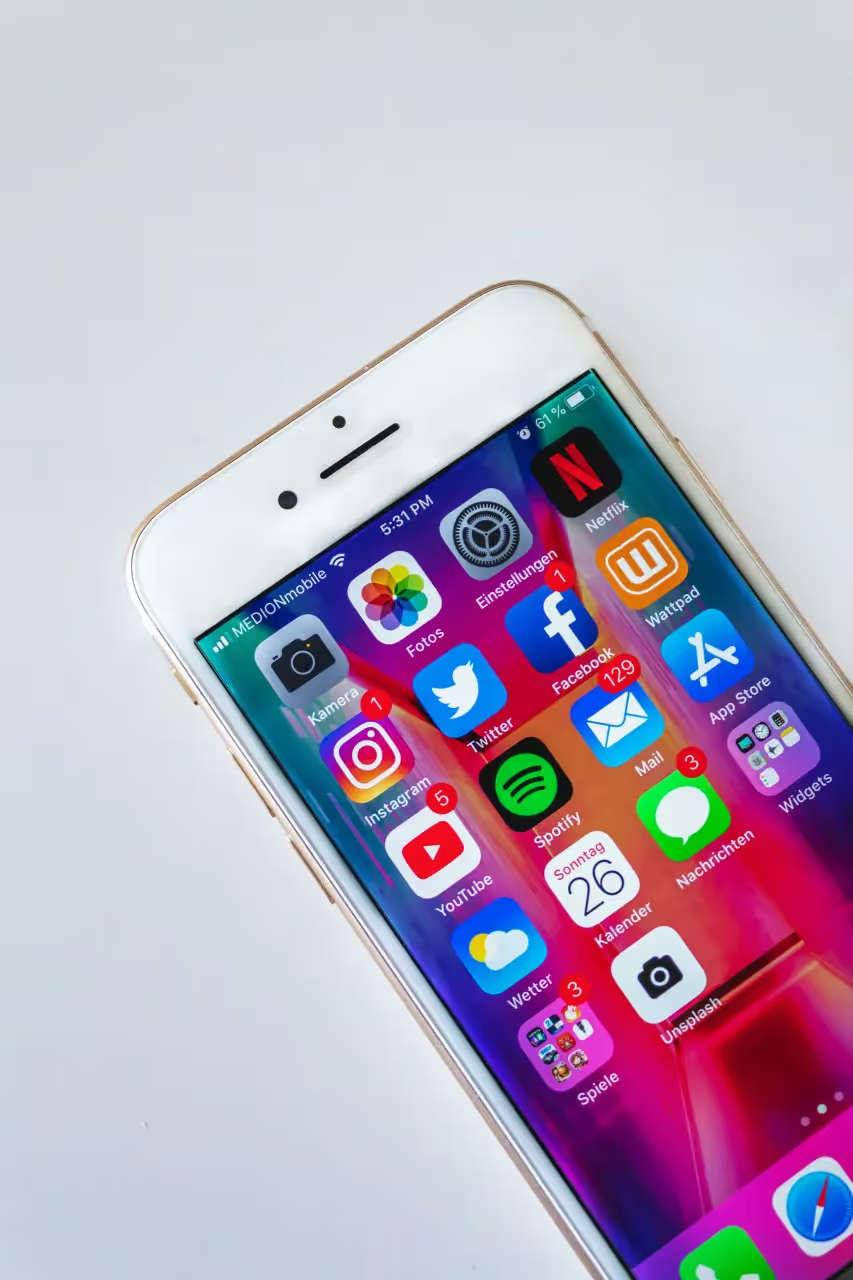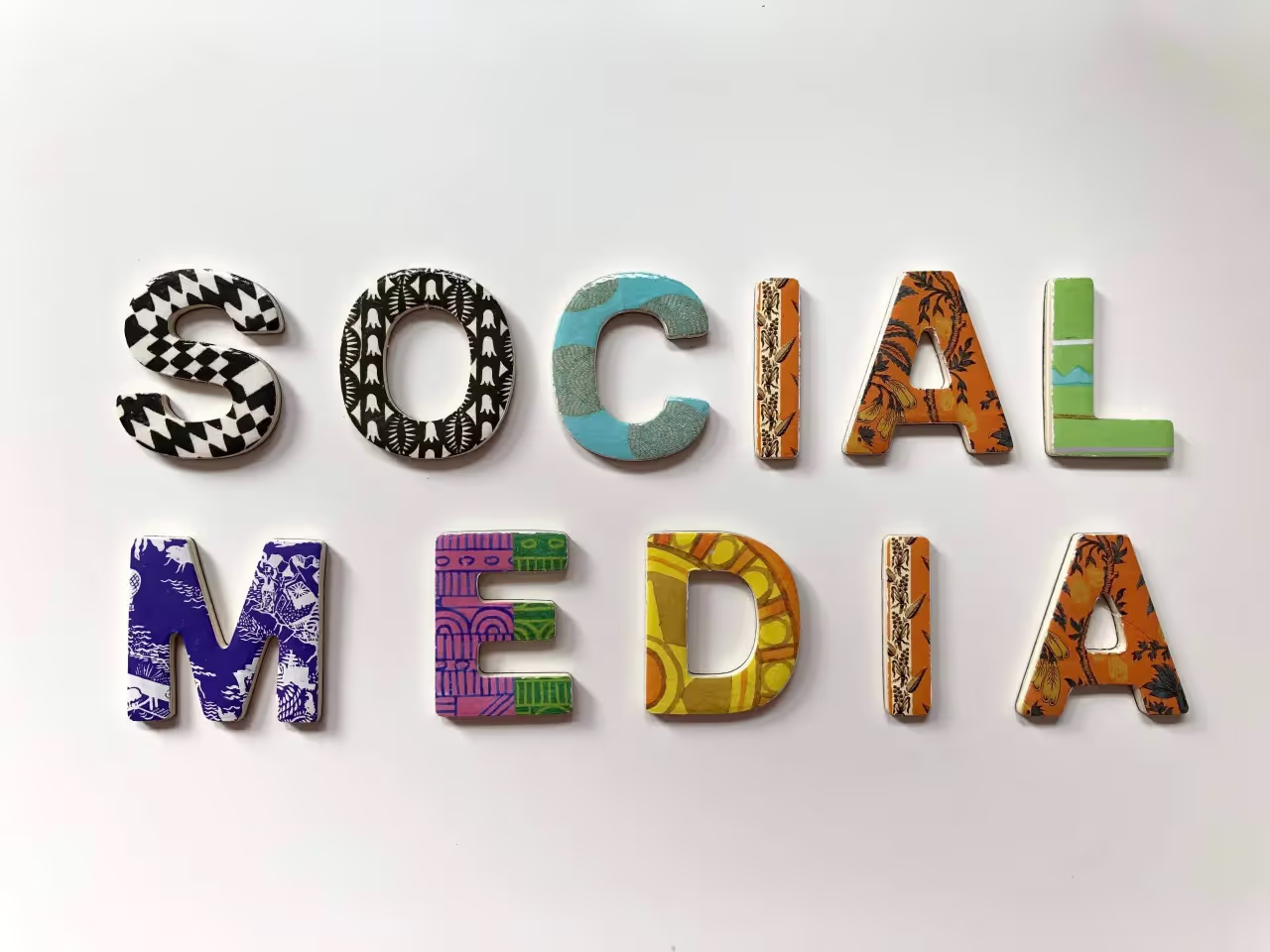In today's highly connected world, social media platforms can no longer be ignored.Social media platforms have altered the ways in which over 4 billion...

In today's highly connected world, social media platforms can no longer be ignored.
Social media platforms have altered the ways in which over 4 billion people across the world interact socially, disseminate information, and take in entertainment.
While there is no question that social media has facilitated positive changes, such as improved connectedness and access to news about world events, it has also been linked to a number of detrimental effects on mental health.
Social media addiction, depression, and other mental health issues often result as a direct consequence of social media.
This article will discuss the effects of social media on mental health, the generations most and least impacted by social media, the effects of heavy technology use, strategies for combating digital addiction, and suggestions for a healthy digital diet.
The effects of social media on mental health have emerged as a pressing issue in recent years, adding to the expanding worldwide focus on this issue.
The World Health Organisation (WHO) estimates that over one-quarter of the global population may have mental or neurological problems during their lifetime.
One of the biggest causes of disability globally in 2020, mental health issues afflicted 792 million individuals.
More than 264 million individuals throughout the world are afflicted with depression, making it the most common mental health illness overall.
While the studies are young, many scientists and researchers directly attribute social media and electronic usage to different neurological problems.

More and more people of all ages use social media, and this trend is expected to continue. Although people of all ages use social media, the effects on their psychological well-being may vary considerably.
Those of the millennial generation (those born between 1981 and 1996), for instance, are the most likely to be active on social media since they grew up with it.
By contrast, the baby boomer generation and Generation X (those born between 1965 and 1980) didn't start using social media until much later in life.
As a result, they may have a different perspective on using social media than millennials.
A 2018 study found that millennials who reported spending more time on social media also reported greater levels of anxiety and sadness.
It seems that the social comparison bias is in effect in the form of social media nowadays.

With the proliferation of smartphones and other digital devices, more and more individuals are spending most of their waking hours online.
The negative effects on people's mental health are likely to worsen as their reliance on technology grows.
Social media users, for instance, may develop anxiety or depression if they spend too much time comparing themselves to others' seemingly ideal lives that they see on the platform.
This is the definition of social comparison bias.
When a false lifestyle is on display and others are directly affected by it.
People may spend more time communicating with others via social media than they do in person, which can contribute to feelings of loneliness and isolation.
Addiction to social media has been linked to poor sleep quality since users often stay up late checking their feeds, which in turn leads to daytime weariness and lower productivity.
While it may be difficult, it is crucial to put our mental health first in the fight against digital addiction.
Some suggestions to help you break your digital habit:
Limit Your Time.
Determine the maximum amount of time each day you will spend on social media and stick to it.
Regularly step away from your social media accounts, even if just for a few minutes. Taking these steps can protect against burnout and habit formation.
Fill Your Time Doing Something Else Engage in some other activity, like working out, reading, or visiting with friends and family.
You should disable social networking app alerts since they are a distraction and can lead to addiction.
Make use of time-tracking applications to keep tabs on how much time you spend on social media and adjust your usage habits accordingly.
Avoiding social media altogether may be impossible, but there are ways to limit our time spent online. Here are some suggestions for improving your digital diet:
Select the Social Media Content You Want to See Carefully. If an account makes you feel horrible about yourself, unfollow it and start following accounts that make you feel good about yourself.
Create limits on how much time you spend on social media. Avoid social media at inappropriate times, such as when eating or before bed.
Separate yourself from your social media accounts for a while.
You could benefit from unplugging from social media for a few days or a week in order to regroup and get back on track.
Mindfulness Training: Train yourself to pay attention to the here and now by using mindfulness practices. This might be useful for avoiding the trap of mindlessly scrolling through social media.
Seek Help If you're having emotional or mental difficulties as a result of your usage of social media, it's important to get professional help.
They can assist you in handling these difficulties and learning effective coping strategies.
The professionals trained to deal with these situations are usually well-versed in many different situations and lifestyles dealing with social media overconsumption, depression, and other psychological problems.
By reaching out to someone trained to deal with these problems, you are exhibiting the strength it takes to overcome and help improve your lifestyle.
In conclusion, social media has become an indispensable part of our lives, and while it has many positive effects, it can also have detrimental repercussions on our psychological well-being.
With future generations becoming more and more immersed in technology, it's crucial that we learn to adapt our philosophies and approaches to handling social media and the mental health issues that it may create.
Maintaining a positive connection with social media is possible when we pay attention to our habits, establish limits, and reach out for help when we need it.
With close attention, care, proper resources, and help, addiction to social media and the impacts it may have on our mental health can be positively reversed and helped.
Reach out today if you need help.
Ignoring anxiety can exacerbate symptoms and make it more challenging to manage over time. This can result in a negative impact on your personal, professional, and social life, leading to feelings of isolation and even depression.
Addressing anxiety is crucial because it can significantly impact your quality of life and overall well-being. Left untreated, anxiety can lead to more severe mental health issues, relationship problems, and difficulty functioning in daily life.
Yes, Medicaid provides insurance coverage for therapy services specifically designed to help individuals struggling with anxiety, depression, and other mental health conditions.
Other activities which have been found helpful in reducing both immediate feelings of anxiousness and long-term anxieties associated with chronic disorders include yoga, journaling, nature walks, art therapy, volunteering, and other low-stress activities. Additionally, developing a healthy lifestyle incorporating adequate sleep, physical activity, and nutritious meals can help reduce overall stress levels.
It's important that you feel comfortable discussing personal matters with your therapist in order to open up and get more out of therapy sessions; therefore finding someone who meets certain criteria like experience level, expertise areas, and personality is key when selecting a therapist who can give meaningful feedback about how best handle issues related to anxiety or other mental health concerns.
To reduce your anxiety, you can practice relaxation techniques such as deep breathing, progressive muscle relaxation, guided imagery, and mindfulness practices. Additionally, regular exercise has been found to be beneficial in managing stress and improving mental health.